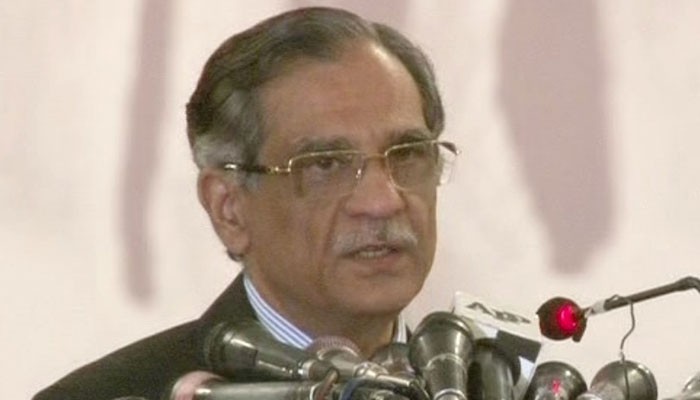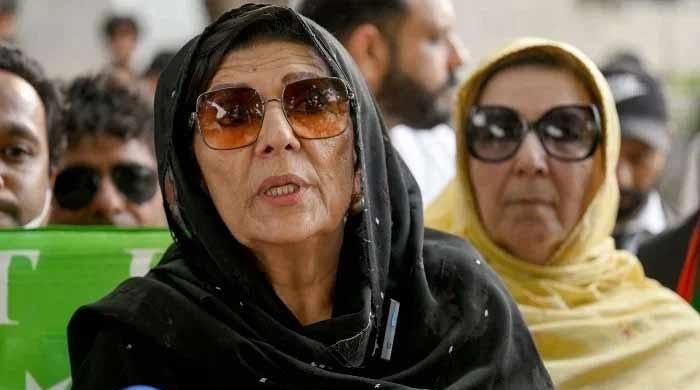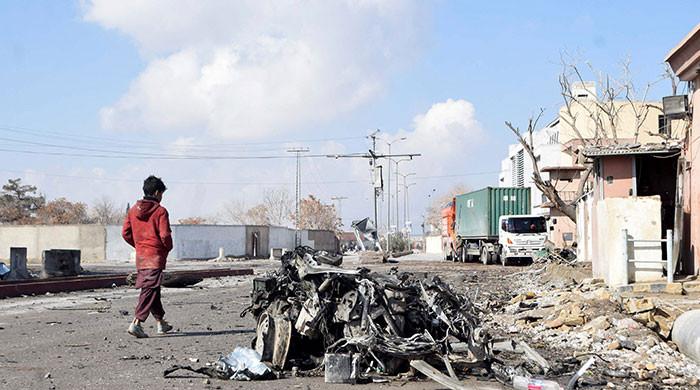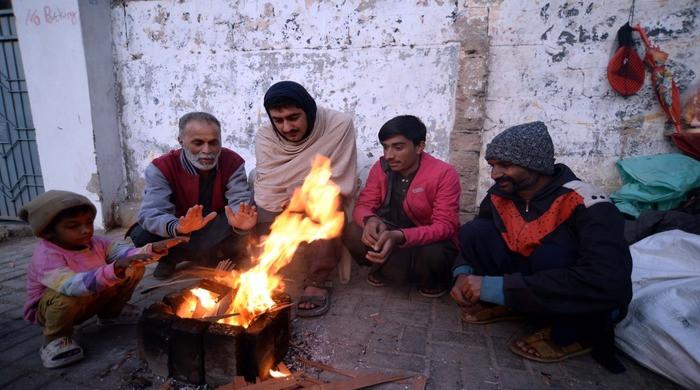Pakistan needs honest leadership, strong judiciary: CJP
Addressing a ceremony here, Justice Nisar praised the apex court’s bench and said all judges are capable and an epitome of honesty
January 20, 2018
LAHORE: Chief Justice Mian Saqib Nisar on Saturday said an honest leadership can change the fate of the people. He added that the country needed an honest leadership, education and a strong judicial system.
Addressing a seminar in Lahore, he said that the judiciary in the country is completely independent and the nation should be proud of it.
Praising the apex court’s bench Justice Nisar said all judges were capable and an epitome of honesty.
He also said that judges have no right to make decisions based on their own likes and dislikes, and are bound by law to make independent decisions.
"If anyone thinks that being a judge is a paid vacation, they should think again. Every judge has the responsibility of dispensing justice to the people. We are answerable for the work we do here. If judges cannot dispense what is required of them and give justice according to law, then they should retire," he said.
The judiciary may be considered a watchdog according to modern jurisprudence, which helps citizens in getting their rights, the chief justice added.
He also vowed that the judiciary will not let democracy to be violated. The country will continue to see rule of law and constitution, he said.
Turning to lawyers, the chief justice asked the bar and the lawyer community to strictly avoid engaging in vandalism.
Commenting on contempt of court notices, he said that the Supreme Court seldom try people for contempt despite being criticised so much.
Justice Nisar said the same while addressing the 3rd Sindh Judicial Conference in Karachi on January 13, when he also stated that judges had the responsibility to provide justice on time and in accordance with the law.
He said they are to provide justice based on law and not on choices.
He said at the conference that, unfortunately, the orders being announced at present, they are based on choices, instead of the law.
"We accept the supremacy of the Parliament, and it is very important in a democracy that institutions do not encroach upon each others' jurisdiction. But has the parliament updated these laws. This is a question I can't answer," he said the conference.
He said that the judiciary is often blamed for delay in cases but there is more to the issue.
Judges, whether of the apex court of lower courts, have a lot of cases pending before them, which makes it extremely difficult to resolve them on time.













